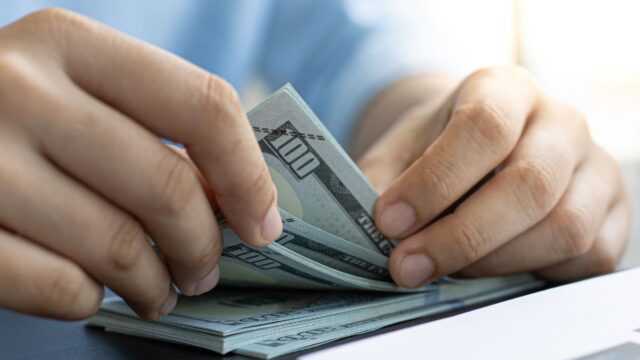
What is a ledger balance
A ledger balance is the running balance of all transactions that have not yet been cleared by the bank. This balance includes both debit and credit transactions. To calculate the ledger balance, add all deposits made since the last statement was issued and subtract any outstanding checks. If there are any outstanding charges, such as for a bounced check, these must also be deducted from the balance.
The resulting figure is the ledger balance. It is important to note that the ledger balance may differ from the account’s current balance, which includes only cleared transactions. When determining whether or not to overdraft an account, banks will usually look at the ledger balance rather than the current balance. As a result, it is important for customers to be aware of their ledger balance in order to avoid any unwanted fees.
How to find your ledger balance
There are a few different ways to find your ledger balance. The first is to check your most recent bank statement. Your ledger balance should be listed on the statement, typically under the heading “Balance.”
If you don’t have a recent bank statement handy, you can also log into your online banking account and check your balance there. Again, your ledger balance should be listed prominently on the page.
Finally, if you’re not sure where to find your ledger balance, you can always give your bank a call and they will be able to tell you what it is.
In general, your ledger balance is the amount of money you have in your account after all transactions have been posted. This includes any deposits, withdrawals, or payments that have been processed. So, if you’ve made any transactions since your last statement was issued, those will be reflected in your ledger balance.
Why you should check your ledger balance regularly
Checking your ledger balance regularly is important for keeping track of your finances. By remaining aware of your current account balance, you can avoid overspending and falling into debt. It can also help you keep track of your spending patterns so that you can make adjustments as necessary. In addition, regularly checking your ledger balance can help you identify any potential errors or fraudulent activity. If you notice any unusual activity, you can take steps to correct the problem and protect yourself from financial loss. By taking a few minutes each week to check your ledger balance, you can gain peace of mind and save yourself money in the long run.
How to improve your ledger balance
There are a few things you can do to improve your ledger balance. First, make sure you keep track of all your income and expenses. This will help you to identify areas where you may be overspending. Additionally, try to pay off any outstanding debts as quickly as possible. This will free up more of your income to save or invest. Finally, consider automating your savings so that you are regularly socking away money into a savings or investment account. By following these simple steps, you can improve your ledger balance and put yourself on the path to financial success.
What to do if you have a negative ledger balance
A ledger balance is the sum of all the transactions in a account, including interest and fees. If the total of the ledger balance is negative, it means that there is more money owed than what is available in the account. There are a few things that can be done if you have a negative ledger balance. First, you should check to see if there are any transactions that have not been posted yet. This can happen if there was a delay in processing the transaction. If this is the case, the balance will adjust once the transaction is posted.
Second, you can contact your bank or credit card company to see if they will waive any fees that may have been incurred. Finally, you can try to negotiate a payment plan with your creditors. If you are unable to make a full payment, they may be willing to accept partial payment over time. If you are unable to reach an agreement, you may need to consider filing for bankruptcy. This option should be considered as a last resort, as it will have a negative impact on your credit score.

































